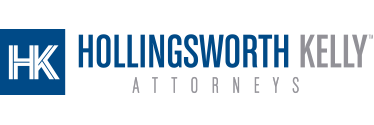Who Pays for Medical Treatment After A Car Accident?
Most people who are injured in motor vehicle accidents do not realize they are responsible for paying for their accident-related medical expenses until their case is settled. Medical treatment for traffic accidents are often necessary and cannot be avoided in many cases.
If you have health insurance coverage and you are injured in an accident, it’s a good idea to use your health insurance to pay for your medical treatment. Any reimbursement requirements related to your health plan can be taken care of at the time your case is settled.
For more information about how your personal auto insurance policy can help protect you if you happen to be involved in a car accident, please see our posts on the following topics:
- Medical Payments
- Uninsured Motorists Coverage
- Underinsured Motorists Coverage
Declarations Page
We urge you to carefully review the Declarations Page of your auto insurance policy for UM, UIM and Medical Payments coverage. Make an appointment with your insurance agent to add coverage in these three areas if they are not presently included in your auto policy.
This information is provided Hollingsworth Kelly to help you select the right coverage for your auto insurance needs. All too often, we see people who are injured by someone who does not have adequate insurance coverage. All insurance decisions should be discussed with your auto insurance agent so that you can make an informed decision to best suit your needs. This information is not intended to serve as legal advice.


